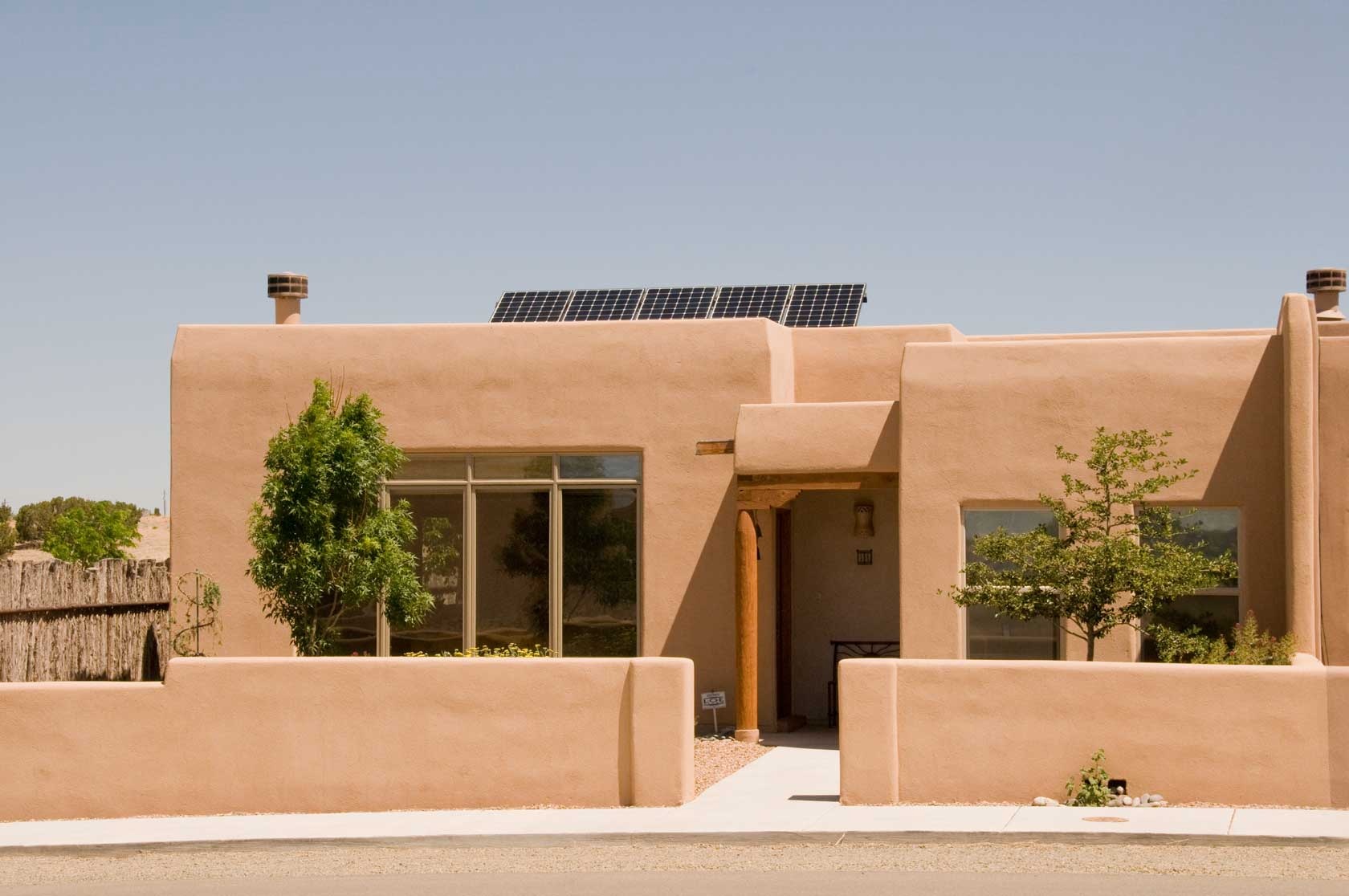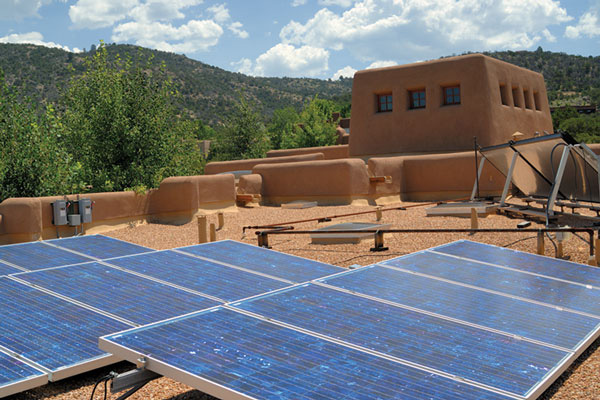To Go Solar or Not? That Is the Question!
To Go Solar or Not? That Is the Question!
By John Voket
 I spend a lot of time monitoring the home solar industry and passing new information on whenever it develops. As more companies emerge to help homeowners with solar energy projects, and the price of related equipment continues to drop, more and more people are considering making this environmentally friendly idea a reality.
I spend a lot of time monitoring the home solar industry and passing new information on whenever it develops. As more companies emerge to help homeowners with solar energy projects, and the price of related equipment continues to drop, more and more people are considering making this environmentally friendly idea a reality.
A recent email from a long-time friend and resource, Jim Simcoe – founder and CEO of Simcoe Green Homes – proposed a few of the questions homeowners need to ask themselves, and some of the considerations that need to occur during that decision-making process.
The single question Simcoe says he gets asked most often is from people who want to know if they should go solar. His response: when considering solar, keep in mind that while homeowners want to save money, solar companies want to make money, usually by selling the largest system possible.
 Simcoe believes that while sizing a solar system based on a homeowner’s current usage is a common practice, it can be a bad idea.
Simcoe believes that while sizing a solar system based on a homeowner’s current usage is a common practice, it can be a bad idea.
A homeowner’s solar needs should be based on the energy use of the home, when that home is operating at its highest efficiency. That means no air leaks, faulty insulation, duct work problems, etc.
With that in mind, here is the advice Simcoe gives people – usually resulting in saving thousands of dollars:
1. Prior to getting a solar bid, get a HERS rating done. A HERS rating is simply a home energy audit to identify any and all potential energy efficiency issues. To learn more and find an auditor, visit www.resnet.us, the nonprofit Residential Energy Services Network.
2. Review the HERS report and do the work recommended. Usually the repairs are minor and can be completed within a month.
3. When the repairs are complete, compare the next utility bill with a utility bill from the same period the previous year. Homeowners should see savings in the 15-45% range.
4. Now, contact solar companies and have them create a proposal based on the new usage instead of past usage. This will typically justify homeowners getting a smaller, lower cost system that more accurately fits their needs.

